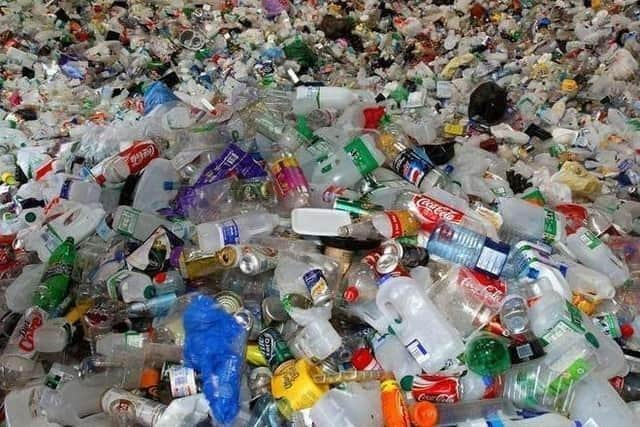The bustling town of Aylesbury is bracing itself for significant travel disruptions as a crucial thoroughfare into the town is […]
In a fervent critique of local governance, a Buckinghamshire councillor has publicly castigated the county's recycling policies. Expressing deep concerns over the environmental and ethical implications, the councillor has gone so far as to table a motion demanding a radical change in how Buckinghamshire Council handles its waste.
The Motion for Change
In a move aimed at overhauling current practices, the unnamed councillor has proposed that all recyclable waste be processed within the UK rather than being shipped overseas. This motion highlights a growing sentiment among local politicians and residents that the existing policy is both ineffective and irresponsible.
"It is madness to continue with this outdated and environmentally harmful practice," the councillor stated. "We need to take responsibility for our own waste, rather than burdening other countries with it."
The Current State of Recycling

Currently, much of Buckinghamshire's recyclable waste is sent abroad, a practice that has faced increasing scrutiny. Critics argue that exporting waste undermines the integrity of recycling efforts and poses significant environmental risks. It has been revealed that some of these countries lack the infrastructure to manage the imported waste effectively, leading to substantial environmental degradation.
The councillor emphasised that processing waste domestically would not only ensure more stringent environmental standards but also create jobs and stimulate the local economy. "This is an opportunity for Buckinghamshire to lead by example and show what real commitment to sustainability looks like," they pointed out.
Public and Political Reaction
The motion has garnered mixed reactions from both the public and other council members. While some see it as a necessary step towards genuine environmental stewardship, others worry about the potential costs and logistical challenges associated with processing waste locally.
One resident commented, "I fully support keeping our recycling here in the UK. It's high time we took full responsibility for our waste. However, I do wonder how feasible it will be to implement such changes given the current budget constraints."
On the other side of the debate, some councillors have raised concerns about the financial implications. "It's not just about wanting to do the right thing," argued one opposing councillor. "We must also consider the economic impact and the practicality of managing increased waste volumes within our borders."
The Way Forward
Despite these concerns, the motion has sparked an important conversation about waste management and environmental responsibility. The councillor who tabled the motion remains undeterred, stating, "We owe it to future generations to rethink our approach. If the council supports this motion, it could set a precedent for other local authorities across the UK."
As Buckinghamshire Council prepares to vote on the motion, all eyes will be on whether this ambitious proposal can translate into actionable policy. Regardless of the outcome, it is clear that the debate has ignited a crucial dialogue on how best to manage waste in a manner that is both sustainable and ethical.